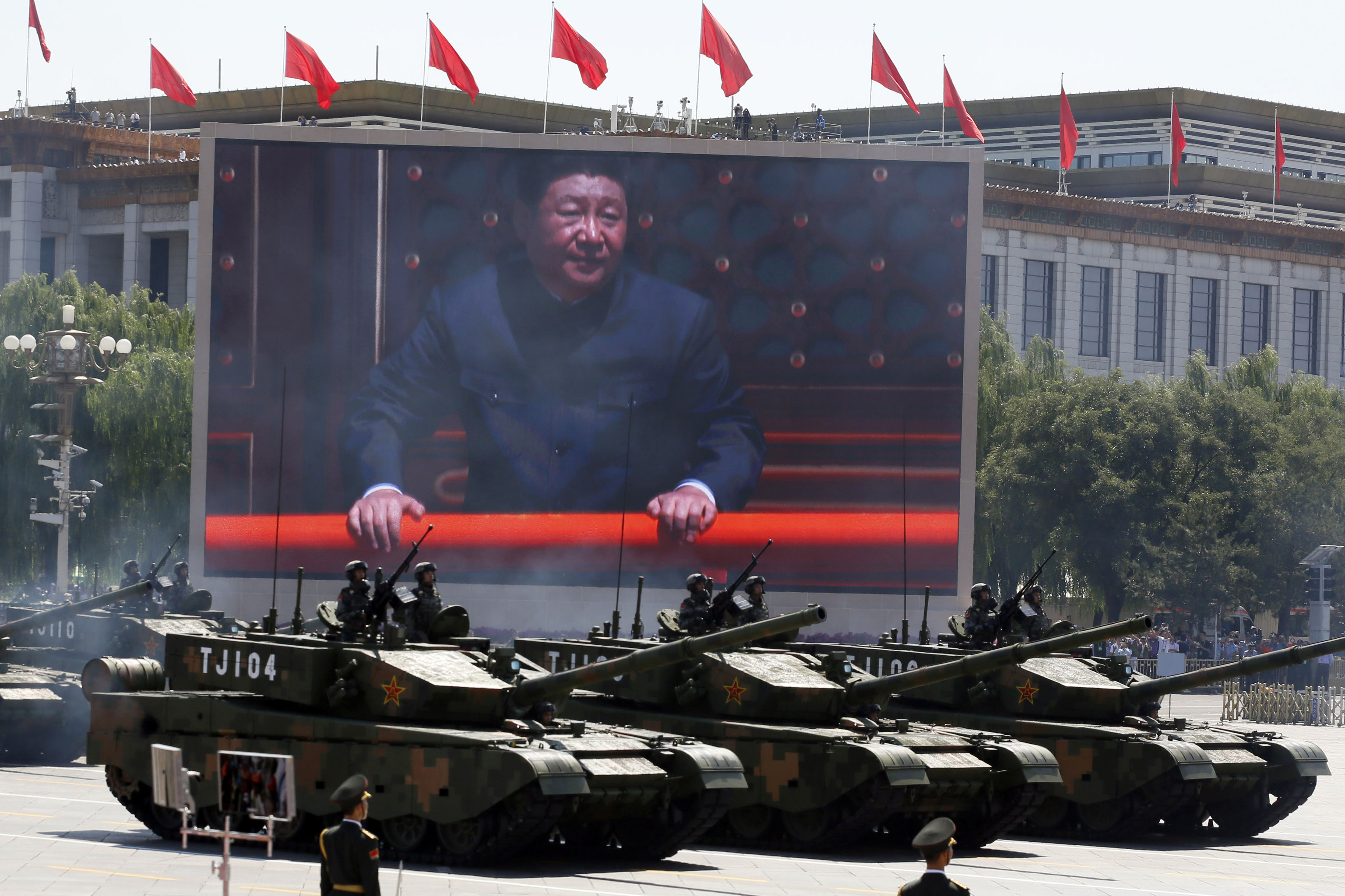It was last February, during the Munich Security Conference, when Zhou Bo, a former Chinese army colonel, said that China could send peace troops to Ukraine to help preserve any ceasefire negotiated between Moscow and Kiev. "We have enough troops and military strength to contribute to an international post-war effort," said Zhou, who regularly participates in international summits as a delegate of the People's Liberation Army (PLA) and who has been involved in several peacekeeping missions for the UN during his military career.
"What if Russia were to attack again? Without collective security guarantees, Ukraine will not feel secure. China, along with other powers, could be part of those guarantees," Zhou continued in a statement that diverged from the usual line used by Beijing's spokespersons, who are usually closer to the Kremlin and refer to the conflict as the "Ukraine crisis."
This weekend, while U.S. negotiators began new talks with their Ukrainian counterparts in Saudi Arabia, the potential role of Beijing after a ceasefire in Ukraine was once again brought up after the German newspaper Welt cited European diplomats who claimed that the government of Xi Jinping was considering joining the peacekeeping mission led by European leaders.
The publication suggests that the position of Russian President Vladimir Putin, who has vehemently rejected the idea of stationing NATO troops in Ukraine so far, could change if Chinese forces were to participate in the so-called volunteer coalition proposed by the United Kingdom and France. On Monday, U.S. delegates also resumed ceasefire talks with the Russian side.
Since the large-scale invasion of Ukraine in 2022, Russia and China have strengthened their partnership and Beijing's economic support has been crucial for Moscow amid all international sanctions. European leaders have repeatedly urged Xi Jinping to use his influence over Putin and to pressure his Russian partner to stop the attack. From the Asian superpower, at least in terms of external appearances, they have tried to maintain a position portrayed as neutral. However, in the domestic media landscape, state propaganda channels have been sharing the Kremlin's narrative for years.
The most significant effort Beijing made when trying to present itself as a mediator was the publication of a document with 12 points that, rather than a solid proposal to resolve the conflict, reflected China's official stance on respecting Ukraine's sovereignty and calling for a ceasefire, while also acknowledging Russia's security concerns regarding NATO expansion into Eastern Europe.
"China has always maintained a just position on the issue of the Ukraine crisis, and we have made this very clear on multiple occasions," responded a spokesperson from the Chinese Ministry of Foreign Affairs a few weeks ago to a question about a report from The Economist stating that U.S. officials were discussing the idea of sending Chinese and Brazilian peacekeeping forces to Ukraine after a ceasefire.
Chinese Foreign Ministry officials, when asked by this newspaper, do not want to confirm or deny whether their country could play a significant role on the ground in Ukraine after the war, which would mark an unprecedented presence of Chinese peacekeeping forces, mainly composed of military personnel, in the European continent.
"With the approval of Russia and Ukraine, China could collaborate with non-NATO countries, such as India, in a deployment in Ukraine. This would alleviate Russia's concerns about European intervention," retired Colonel Zhou also pointed out. British media have reported that the United Kingdom and France are leading a plan to deploy up to 30,000 European soldiers in Ukraine with U.S. support if Moscow and Kiev reach a ceasefire agreement.
China, after the U.S., is the largest financial contributor to UN peacekeeping operations and has participated in numerous missions since 1989, when 20 Chinese military personnel were sent to oversee elections in Namibia. According to statements from Wang Yi, the head of diplomacy, the Asian giant has contributed more than 50,000 personnel to 29 of these peacekeeping operations. Currently, Beijing maintains active deployments with 1,792 personnel in countries like Lebanon and South Sudan.
